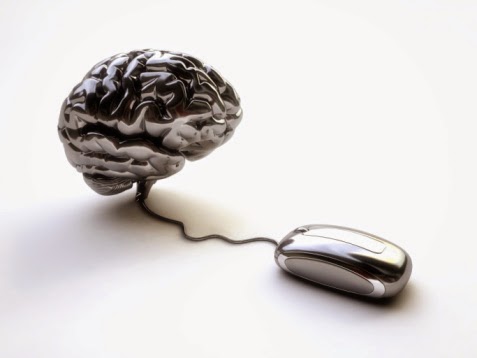| Online: | |
| Visits: | |
| Stories: |

| Story Views | |
| Now: | |
| Last Hour: | |
| Last 24 Hours: | |
| Total: | |
Link feast
Our pick of the best psychology and neuroscience links from the past week or so:
The Strange World of Felt Presences
A fascinating overview from the Guardian of the oft-reported experience of feeling someone is there, when they aren’t.
No Proof “Alcohol Will Make You More Gorgeous”
NHS Choices takes a calm look at a study that attracted attention from the mass media.
What a Neuroscientist [and psychologist] Said About Eminem’s Brain
“I would predict that his dorsolateral prefrontal cortex might be smaller than average,” said Scott Barry Kaufman. “That’s the area of the brain that filters curse words.”
Listening To the Silences
“What is it like to have multiple beings inhabit your mind?” a new short film from Aeon.
Brainstorms Brewing
At the WSJ Philosopher-medic Ray Tallis writes a joint review of the books Mind Change by Susan Greenfield and The Brain’s Way of Healing by Norman Doidge: “…if digital screens change [the brain's] function for the worse, can novel therapies help us recover from injuries and illness?”
One Twin Exercises, the Other Doesn’t
Find out what this means for their brains and bodies at the NY Times.
What Does It Feel Like to Die?
“People who have survived clinical death sometimes recount out-of-body experiences,” says Richard Stephens at the Guardian. “But can these sensations be physically proved?”
Are Humans Getting Cleverer?
William Kremer at the BBC looks at the evidence.
Social Identity and the New Psychology of Mental Health
A newly posted video of Professor Alex Haslam’s keynote lecture from the Division of Clinical Psychology’s annual conference.
Method and Madness
“Theatre provides stimulus for psychotic, schizophrenic and depressed patients,” says Beth McLoughlin at Aeon, “but can it improve their mental health?”
_________________________________
Post compiled by Christian Jarrett (@psych_writer) for the BPS Research Digest.
The Research Digest is a free blog and email newsletter published by the British Psychological Society and written by Christian Jarrett. Also find us on Twitter and Facebook.
Source: http://digest.bps.org.uk/2015/03/link-feast.html




